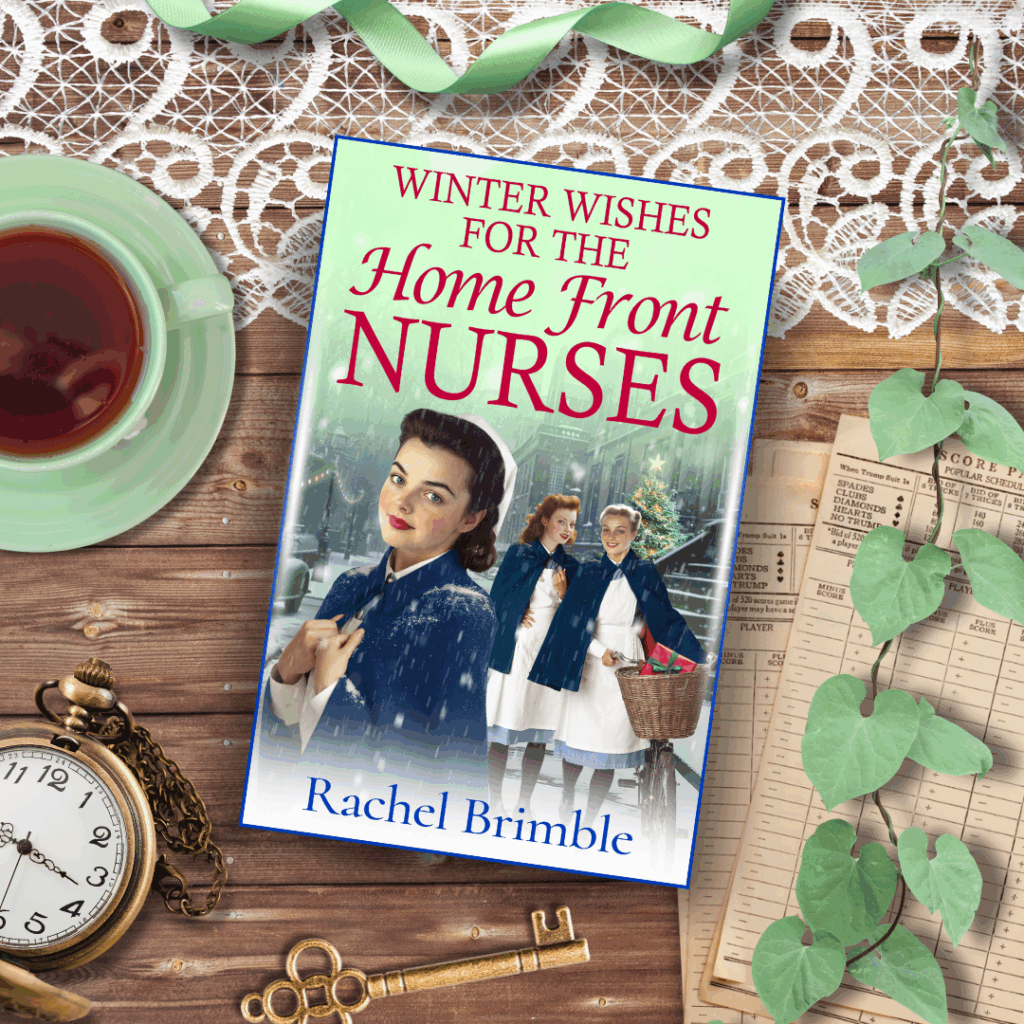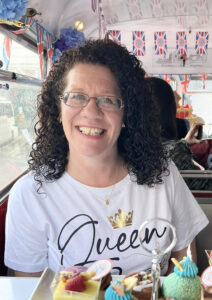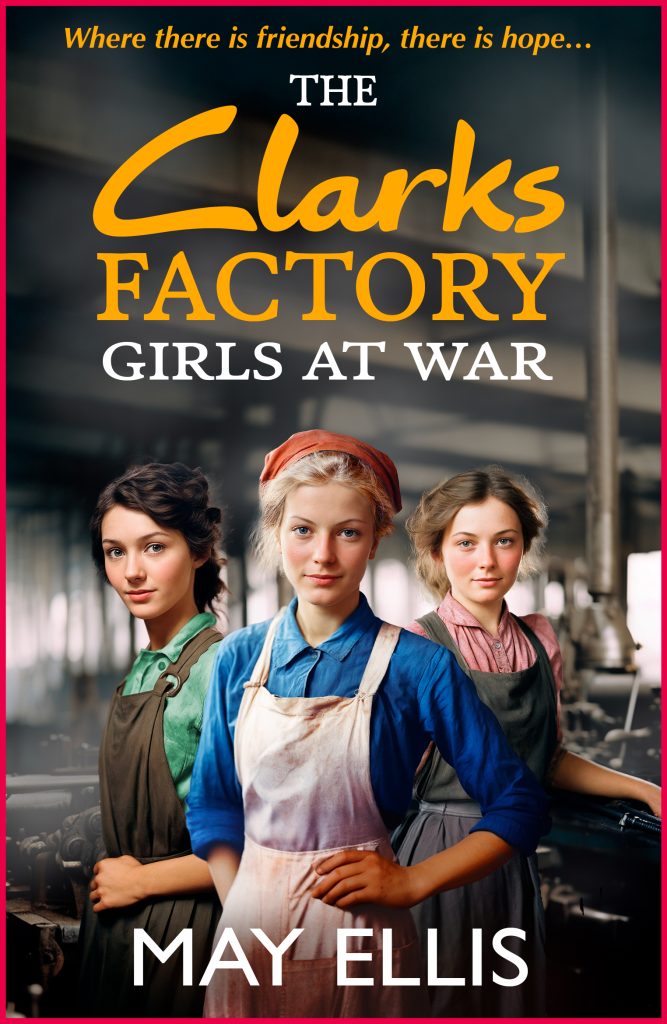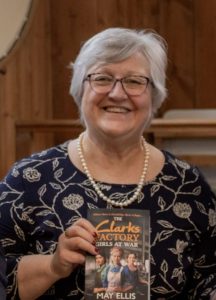I’m delighted to be able to share the #openinglines from the latest in the Home Front Nurses series with you today.
Written by good friend, and fabulous writer, Rachel Brimble; Winter Wishes for the Home Front Nurses follows the personal and professional lives of nurses, Freda, Sylvia and Veronica as they help Bath recover from Germany’s attack on the city in the previous April.
Blurb
An uplifting story of courage, friendship and love against the odds, perfect for fans of Lizzie Lane, Rosie Clarke, and Call the Midwife.
Winter, 1942.Secrets abound for the Home Front Nurses, but will one of them be able to tell the truth about her past before Christmas?
As the weather turns cold, and the war rages on, Veronica Campbell finds herself loving her job as a home front nurse more than ever. She’s spending time with her beloved best friends Sylvia and Freda, as well as assisting on life-saving operations with her fellow nurse Betty Wilson, and feeling valued and happy.
But at home, she wishes things were different. Because even cosied up by the fireside of her lovely little house, there’s a man who lives on her street. Someone she’d once thought she could trust, who – five years ago – had violently attacked her. His threats to her remain, but she’s been terrified into silence.
But everything changes when Betty needs somewhere to stay for Christmas, and Veronica impulsively suggests she move in with her. But can she trust Betty enough to let her guard down and tell her what happened that fateful day? Because if she doesn’t… will Betty be put at risk too?
Here are the first 500 words…
Chapter One: Veronica
Bath, August 1942
‘V! Wait for us! Have you heard the news?’
Startled from her worries, Veronica Campbell halted near the hospital entrance and spun around as her best friends and fellow nursing colleagues, Sylvia Roberts and Freda Parkes, hurried towards her, their faces stricken.
Tension immediately stiffened Veronica’s shoulders. What now? It sometimes felt, for the last three years of war, Europe had been battered with an endless stream of shock, horror and loss, even if Britain remained stalwart in its patriotic humour and tenacity.
Sylvia’s brown eyes were wide, and her bright auburn hair glowed beneath the rays of the lowering August sunshine as she came to a stop in front of Veronica. ‘The Duke of Kent is dead!’ she exclaimed. ‘Killed in a plane crash in Scotland.’
‘What?’ Veronica looked between her friends. ‘The King’s brother is dead? Was the duke in Scotland? I thought—’
‘No.’ Freda’s eyes were shadowed with sadness. ‘It would probably be easier to comprehend if he’d been killed in an air attack, but he was being flown to Iceland to visit the RAF stations. Offer moral support, I assume.’
Veronica frowned, her previous distraction of where she had to go and who she had to see in the next hour momentarily quieted. ‘That’s just awful.’
‘Well, it must be true,’ Sylvia said. ‘The press do not write about the Royal Family lightly.’
‘Apparently,’ Freda interrupted a second time, ‘the duke and the entire crew onboard were killed when the plane crashed into a hillside, which was off course from where they should have been headed. Goodness knows why. Anything could have happened, I suppose. Probably just a terrible accident.’
Sylvia blew out a heavy breath. ‘I’ll always remember when Queen Elizabeth said she felt she could look the East End in the face, after Buckingham Palace was bombed. God knows what she’ll say to the nation after losing her brother-in-law in such a horrible way.’
Veronica closed her eyes.
Here she was fretting about visiting Officer Matthews – one of the kindest men a girl could know – when the war continued to take more and more lives, day after day. What did it matter that she was visiting a man she suspected loved her… even if she didn’t love him, when people were dying every day? Whether royalty or pauper, Hitler gave no preferential treatment and the deaths of the duke and his entire crew would undoubtedly cheer the German leader up no end.
She opened her eyes and looked past her friends towards the hospital doors.
Eric Matthews had always been kind and considerate towards her, despite all he had been through and all he had done. And not just during the time he was serving, but from the day he had walked so unexpectedly – so anonymously – into her life.
Tears pricked her eyes and Veronica quickly blinked them away before Sylvia or Freda noticed. Yet the self-loathing evoked by the vile truth of what Eric knew about her would not deter…
***
You can buy the latest Home Front Nurses novel from all good retailers, including: https://mybook.to/winterwishes
Rachel lives with her husband in a small town near Bath, England and they have two adult daughters.
She is the author of 35 novels and has been published by Harlequin Mills & Boon, Kensington Books, Harper Road Press and more. She now writes for Boldwood Books and books 1 and 2 of her latest series, The Home Front Nurses, have been Amazon bestsellers with book 3, Winter Wishes for the Home Front Nurses released in August 2025.
Rachel is also the owner of The Writer Printable Co, an Etsy shop offering printables to help new authors on their journeys to writing success.
Link: https://thewriterprintableco.etsy.com
To sign up for her publisher’s newsletter, click here: https://bit.ly/RachelBrimbleNews
Website: https://bit.ly/3wH7HQs
Twitter: https://bit.ly/3AQvK0A
Facebook: https://bit.ly/3i49GZ3
Instagram: https://bit.ly/3lTQZbF
BookBub: https://shorturl.at/nrxFJ
Many thanks for sharing your opening lines with us today, Rachel.
Happy reading everyone,
Jenny x






 Author Bio
Author Bio